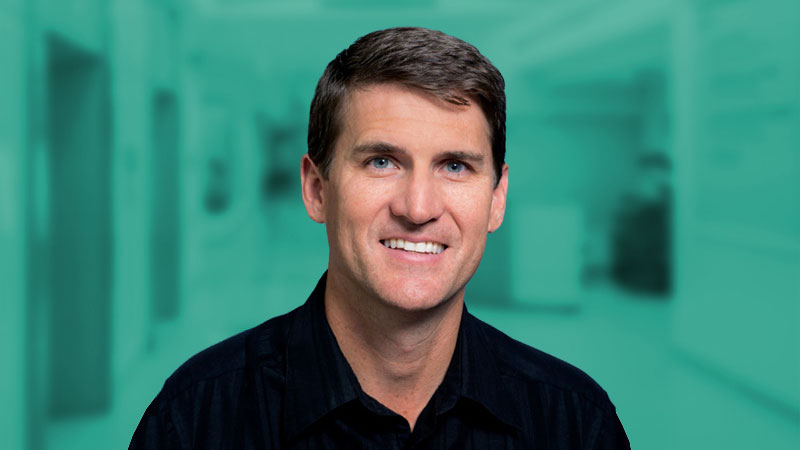
 Life has its ups and downs, and most people will experience periods ofz anxiety or sadness. However, there is a difference between temporary nervousness or feelings of sadness and having clinical depression or an anxiety disorder.
Life has its ups and downs, and most people will experience periods ofz anxiety or sadness. However, there is a difference between temporary nervousness or feelings of sadness and having clinical depression or an anxiety disorder.
The American Psychiatric Association (APA) defines depression as a type of mood disorder that involves feelings of sadness that last more than two weeks and keep a person from participating in the normal activities of daily life. The organization defines an anxiety disorder as persistent or recurrent anxiety that prevents a person from full participation in life.
One of my patients lost a family member to cancer and is still struggling with her grief after an extended period. Of course, losing a loved one is traumatic, and grief doesn’t follow a schedule, but this patient is isolating herself, has stopped socializing and has developed almost an obsession about the death. This is clinical depression.
Depression disorders can be caused by genetics, chemical imbalance in the brain, environmental factors and stress. People with depression may experience feelings of sadness, loss of interest or pleasure doing activities that were enjoyable at one time, changes in eating habits resulting in weight loss or gain, lack of energy or being constantly tired and having trouble concentrating or thinking clearly.
People with an anxiety disorder may experience fear of certain situations, panic attacks and severe nervousness.
People with depression often have an anxiety disorder, and vice versa. This can make the disorders more difficult to treat, but the first step is to tell your doctor about your symptoms. I’ve had patients who are depressed and so mentally distracted they can’t think about solutions available to help them. It takes time and listening in the exam room to help them open up and get the help they need.
In extreme cases of depression or anxiety, a person may have thoughts of harming themself or someone else. This calls for immediate help. Contact the Suicide and Crisis Lifeline by dialing or texting 988, or the chat hotline at 988lifeline.org. If a person is having thoughts of suicide or hurting someone, stay with them and call 911.
Even if you or someone you know does not think they need treatment, it is still important to reach out to people for help. Sometimes people are so overwhelmed by their negative emotions that they cannot see how counseling or medication could improve their situation.
The following are links to more information:
nami.org/Blogs/NAMI-Blog/January-2018/The-Comorbidity-of-Anxiety-and-Depression
ncoa.org/article/anxiety-and-older-adults-a-guide-to-getting-the-relief-you-need
psychiatry.org/patients-families/depression/what-is-depression
